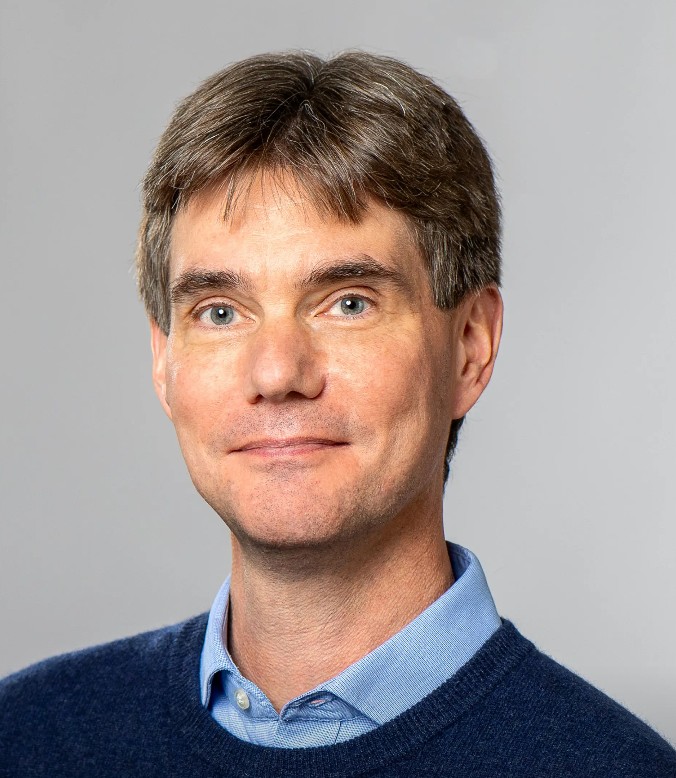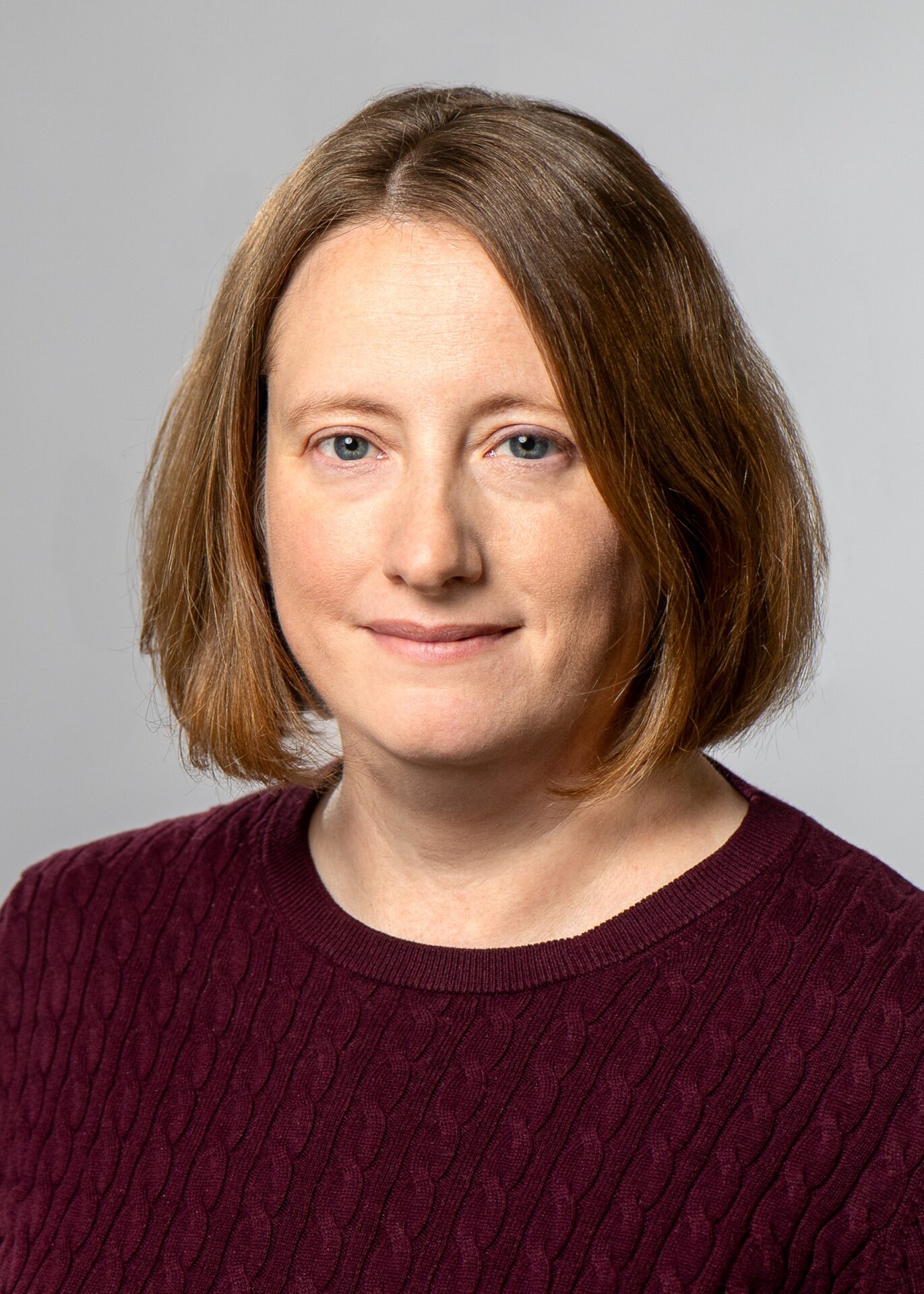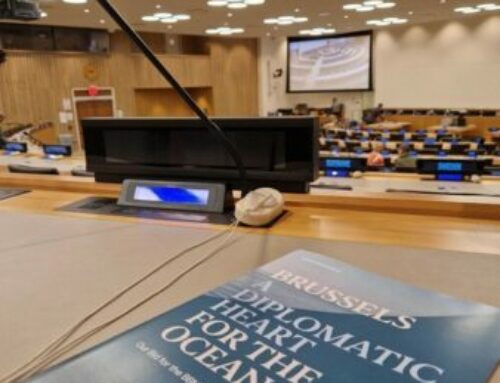
We are excited to invite you to our IPW Lecture with the internationally renowned political scientists Henrik Selin (Boston University) and Noelle Selin (MIT).
In their new book project, Henrik and Noelle Selin break new ground with a fresh analytical framework for understanding how countries judge the effectiveness of global environmental treaties. Instead of asking what scholars think effectiveness means, they flip the perspective and study how treaty parties themselves make those calls—across ozone depletion, persistent organic pollutants (POPs), mercury, and climate change.
In this lecutre, they’ll zoom in on the Stockholm Convention on POPs, unpacking how its members have repeatedly evaluated whether the treaty is actually delivering on its promises—and how those evaluations have shifted over time. Their four-step framework—Agreement, Translation, Attribution, Reformulation—reveals effectiveness evaluations as dynamic, political, and deeply shaped by competing interests as much as by science.
They discuss this framework with Patrick Müller, expert on International Relations and the European Union. Alice Vadrot, expert on environmental negotiations, is moderating. The lecture takes places at 5 p.m. in the Multifunktionsraum A 205, Institut für Politikwissenschaft, Universitätsstraße 7 (NIG), 2. OG, 1010 Wien.




